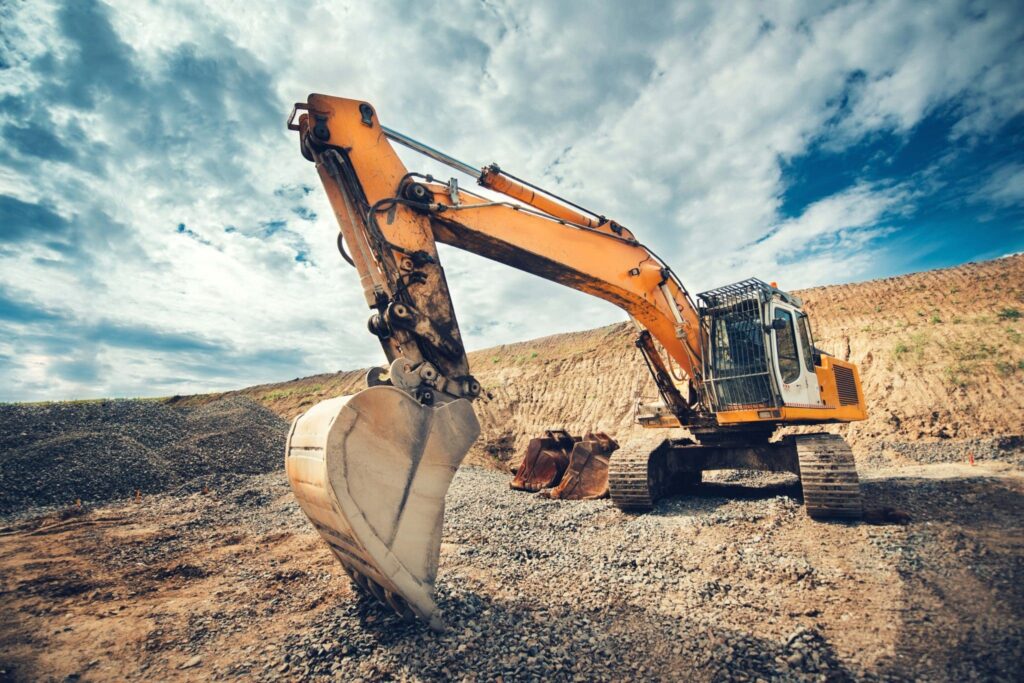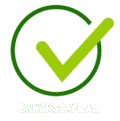Capital Conservation for Contractors:
Most businesses, especially small to mid-sized contractors, prefer to lease equipment rather than tie up large amounts of capital in a purchase. Leasing offers flexibility, preserves credit lines, and provides access to newer, more efficient technology.
High Cost of Equipment:
A new excavator or crane can cost hundreds of thousands, if not millions, of dollars. This high barrier to purchase is a primary reason the leasing market exists.
Seasonality:
Construction is seasonal. Leasing allows contractors to have equipment for specific projects without the year-round cost of ownership (like storage and off-season loan payments).
Lease to own
How it works: A portion of each lease payment is credited toward a final purchase price. This is attractive for clients with lower credit or those who are unsure about committing to a full purchase upfront.
A “Lease-to-Own” (or “Rent-to-Own”) program is a powerful and popular financing structure within the heavy equipment leasing business in Canada. It combines the benefits of leasing with the end goal of ownership.
Commonly Leased Equipment Categories:
Support Equipment: Generators, light towers, compressors.
Earthmoving: Excavators, bulldozers, wheel loaders, backhoes, skid-steer loaders.
Lifting: Cranes (mobile, tower, rough-terrain), forklifts, telehandlers.
Road Building & Paving: Motor graders, compactors, asphalt pavers.
Material Handling: Conveyors, crushers, screeners.
Why choose lease to own?
Limited Capital / Cash Flow Management: The primary reason. A business can get a $300,000 excavator with little or no money down, preserving capital for payroll, fuel, and other operational expenses.
Easier Qualification than a Bank Loan: For newer businesses, or those with less-than-perfect credit, qualifying for a lease-to-own agreement can be easier than securing a traditional bank loan for a full purchase. The lessor (you) is secured by the equipment itself.
Path to Ownership: It provides a disciplined, structured path to owning a critical asset, building equity with each payment.
“Try Before You Buy”: The business can use the equipment on critical projects and ensure it meets their long-term needs before committing to full ownership.
Tax Considerations: In Canada, lease payments are often 100% tax-deductible as a business expense. It’s crucial for the client to consult with an accountant, as the Canada Revenue Agency (CRA) has specific rules about what constitutes a lease versus a purchase for tax purposes.

